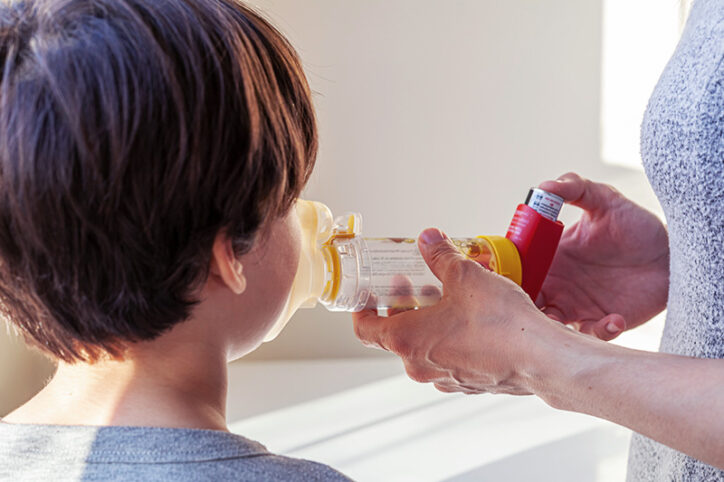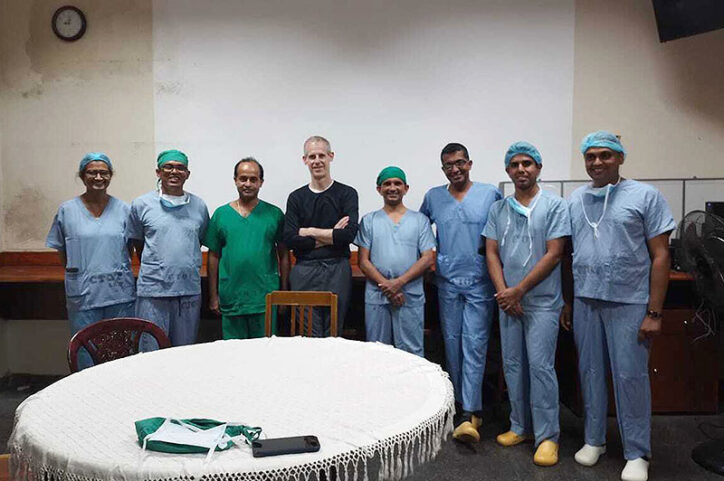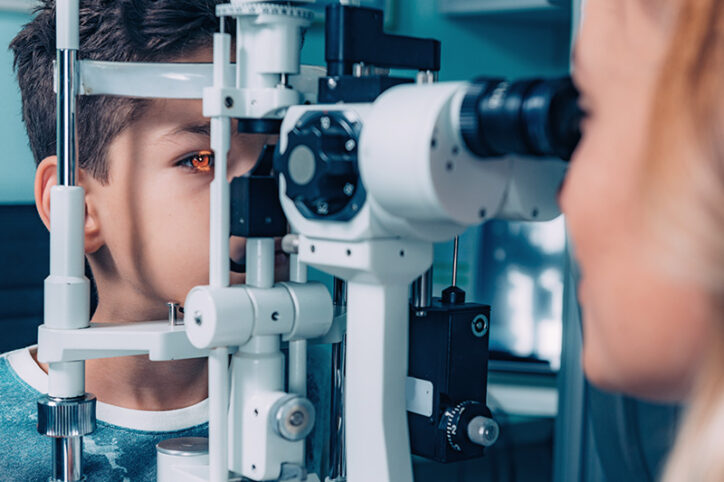Phenylketonuria: Giving treatment a second chance
Phenylketonuria (PKU) was once a common cause of intellectual disability. Children born with this metabolic condition lack phenylalanine hydroxylase (PAH), the enzyme needed to break down the amino acid phenylalanine (phe). Instead, phe builds up to levels harmful to the brain. PKU was the original condition tested for when newborn screening was piloted in Massachusetts ... Read More about Phenylketonuria: Giving treatment a second chance
Reversing the trend: Easing the mental health boarding crisis in emergency rooms
Anxiety, depression, and suicide attempts have been rising over the past decade, especially among teens, often landing them in emergency departments (EDs). Due to a nationwide shortage of beds in psychiatric treatment programs, virtually all pediatric hospitals are having to keep patients in the ED and on inpatient medical and surgical floors — sometimes for ... Read More about Reversing the trend: Easing the mental health boarding crisis in emergency rooms
Three ways to ensure your child has the proper asthma medication
Children who have asthma should always have access to medication. But a manufacturer’s decision to stop producing a popular asthma drug has many families scrambling to find alternative medications that are covered by health insurance. Prescriptions sometimes change for families because a medication is discontinued or there are coverage changes by health insurers and pharmacies, ... Read More about Three ways to ensure your child has the proper asthma medication
A surgeon’s last-minute trip to Sri Lanka reduces children’s wait for needed heart repair
Last year, Dr. Christopher Baird got an offer he couldn’t refuse — something that happens often as he travels the world to demonstrate the heart surgery techniques he has learned and developed at Boston Children’s Hospital. At a heart surgery symposium in India, Dr. Baird had just performed a complex type of aortic valve reconstruction ... Read More about A surgeon’s last-minute trip to Sri Lanka reduces children’s wait for needed heart repair
Broken signals: Things you may not know about nerve injury
When Dr. Andrea Bauer talks about nerve injuries, she talks about phone cords. A damaged phone cord transmits staticky or broken sounds, or no sound at all. Similarly, peripheral nerve injuries (injuries that affect the arms, hands, legs, and feet) disrupt signals to and from the brain, causing numbness, loss of sensation, and lost function. ... Read More about Broken signals: Things you may not know about nerve injury
Here’s how genetic vision testing can help your family
At least 600 of the roughly 20,000 genes in the human body are needed for normal eyesight. Changes in those genes can lead to many eye conditions, including glaucoma, cataracts, and inherited retinal disorders. If your child has an inherited retinal disorder, they might benefit from genetic testing. It can help determine a diagnosis and how their ... Read More about Here’s how genetic vision testing can help your family







